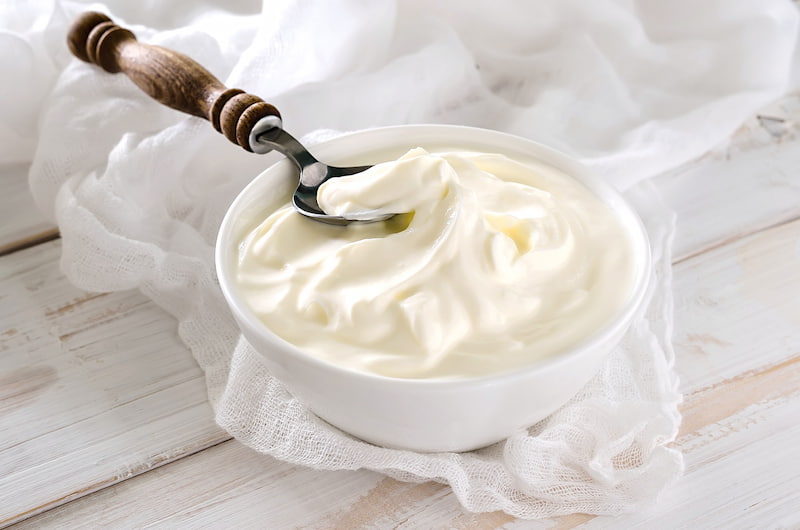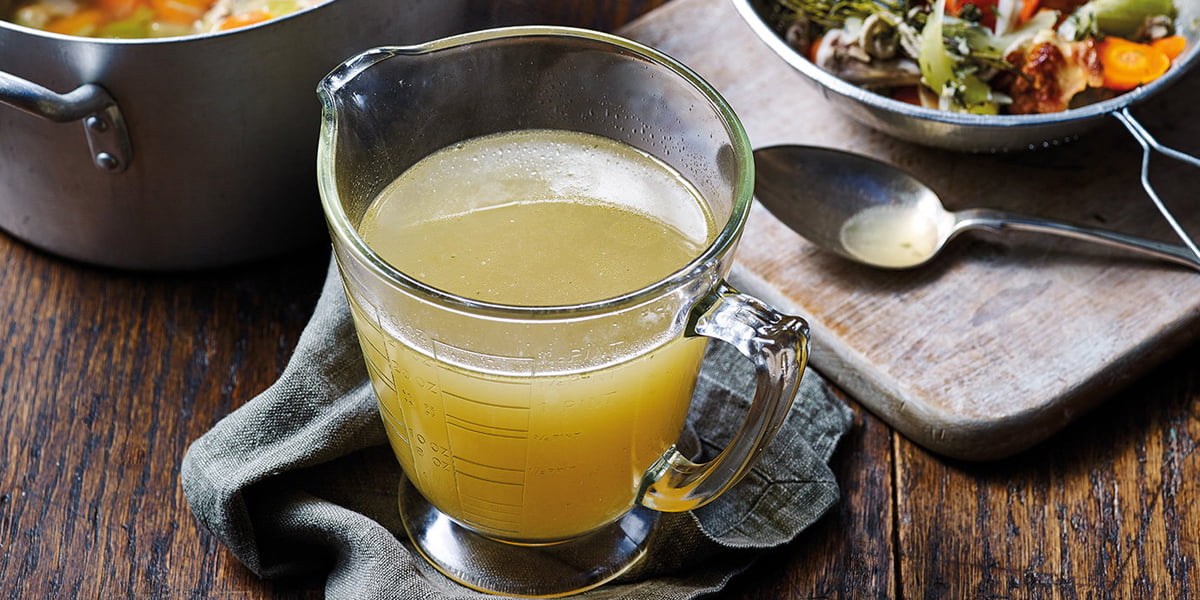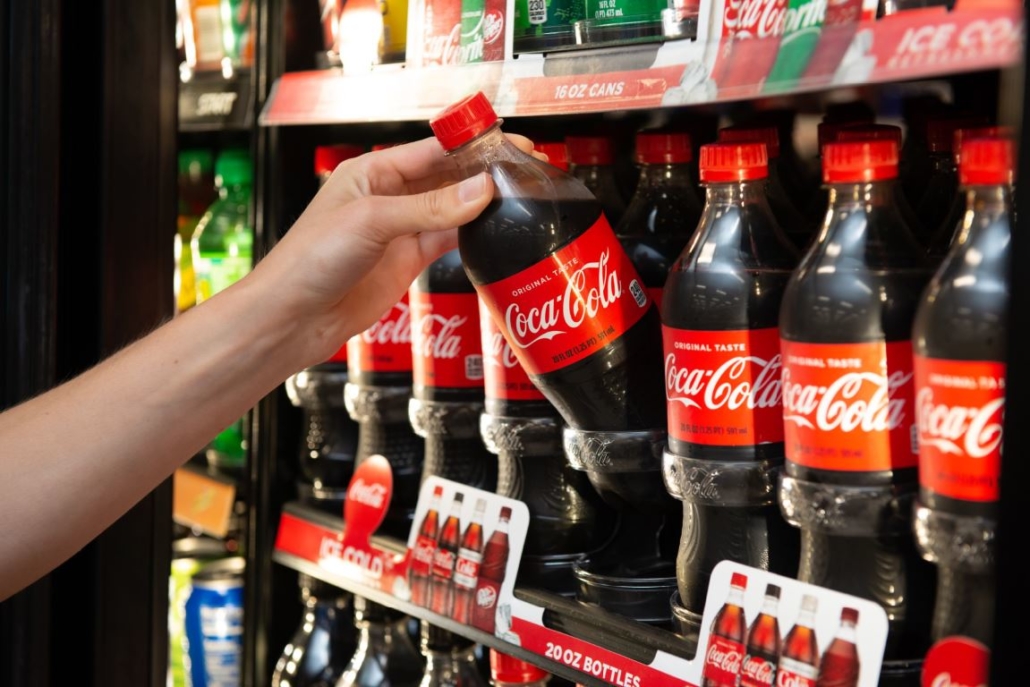Top 10 Vegan Protein Powders for Women: Healthy and Delicious Options

Protein powder is a great nutritional supplement for athletes and busy women looking for a healthy meal or snack, but what are the best sources of protein for women?
Protein powder is one of the most popular food supplements for people who are looking to lose, gain weight and increase sports performance. Although most nutritional supplements are prepared jointly for men and women, there are also nutritional supplements that are made specifically for women.
These food supplements are suitable for women who are looking for weight loss, increasing physical strength and a quick and healthy snack.
Whey protein
Whey protein is one of the best and most popular protein powders. It is a highly digestible milk protein that contains all 9 essential amino acids that the body cannot produce on its own. For this reason, whey protein is a complete source of protein.
Whey protein causes weight loss, increases muscle growth and reduces hunger in men and women.
In a 23-week study of overweight adults, adding 56 grams of whey protein per day resulted in a 2.3 kg weight loss, more than people who got the same amount of soy protein or carbohydrates.
Whey protein reduces ghrelin, a hormone that causes appetite, and reduces its effectiveness in reducing hunger and weight gain.
In addition, it helps maintain and increase lean muscle mass, which is extremely important for women. For example, the researchers stated that taking this supplement together with strength training leads to an increase in lean muscle mass and strength.
In addition to the above, whey protein helps to increase the speed of muscle recovery and reduce muscle damage after physical training in women, making it the best option for athletes.
However, because whey protein is produced from milk, it is not suitable for vegans and people with dairy allergies or intolerance.
Pea protein
Pea protein is made from yellow peas and is popular among vegans and people who are allergic to animal protein. In addition, it is hypoallergenic and is a safe choice for people with food sensitivities or allergies.
Chickpeas are not often recognized as a powerful source of protein, but they are a highly concentrated source and are an excellent source of the amino acids leucine, isoleucine, and valine. These amino acids are known as branched chain amino acids or BCAA's and play an important role in protein synthesis in muscle.
In a research done on pea protein versus whey protein, it showed that when physical exercises were done at a certain time, the arm muscle grew more.
Since more muscle burns more calories than fat, increasing muscle mass in women helps increase metabolism and weight loss.
In addition to the above, yellow pea protein helps to reduce hunger and satiety between meals. In fact, the hydrolyzed type of yellow pea protein is quickly absorbed and has a greater effect in dealing with hunger and the feeling of fullness in adults who are overweight.
Collagen protein
Collagen is a relatively new competitor in the protein powder market. In addition to powerful protein, this multipurpose supplement helps to reduce joint pain, increase muscle strength, and even reduce the depth of wrinkles.
Most of the collagen powders in the market are extracted from the skin or bones of animals such as cows and pigs, or some amount from fish skin.
Most of these powders are hydrolyzed, meaning they are broken down into smaller pieces called peptides that your body can easily absorb. Most contain 18-20 grams of protein per serving, making them a good choice for women looking to boost their nutrient intake.
Another benefit of collagen is that it mixes easily with hot and cold liquids, increasing its ease of use. It also strengthens protein and reduces hunger and increases satiety.
A study of 147 athletes found that those taking collagen supplements had significantly reduced walking, resting, and exercise time.
Another study showed that elderly people who consume collagen supplements, such as resistance training, have significantly increased bone and muscle volume.
People who took collagen peptides gained 4.22 kg of dry weight, while other people who took a placebo gained 2.9 kg of dry weight.
Also, collagen peptides may help reduce signs of aging such as wrinkles, dryness, and sagging skin. In one study, 69% of people's wrinkle lines were reduced.
Egg white protein
Eggs are one of the best sources of protein you can eat. Whole eggs contain the most nutrients, but egg whites are recommended for their purer protein and health benefits.
Egg white powder is one of the most popular supplements that increase protein intake and increase sports performance.
Like whey protein, egg whites are a rich source of branched-chain amino acids that help stimulate muscle growth. Also, egg white is a complete protein and provides all the amino acids the body needs for growth. In addition, the egg white powder is very quickly absorbed and does not contain dairy, and is suitable for those who have an allergy or intolerance to dairy.
This protein has less carbohydrates than other types of proteins and is the best choice for women who have diabetes or early symptoms of diabetes.
Can Vegetarians Eat Yogurt Ultimate Vegans Yogurt Guide

As a vegan, I understand the importance of carefully choosing our foods. So, I decided to research and find out if yogurt is a viable option for those who follow a vegan diet.
In this essay, I’ll explore the ingredients and production methods used in yogurt-making, the different types of veganism, and their dietary guidelines.
Join me as we unravel the debate and discover the truth about whether or not vegans can eat yogurt.
Let’s dive!
Well, my friend, it’s a lifestyle choice that comes in different types. We have Lacto-vegetarians, ovo-vegetarians, lacto-ovo vegetarians, and even vegans. Each type has its own set of dietary guidelines and restrictions, but all share the common ground of avoiding meat.
Before we dive into the yogurt dilemma, let’s understand the vegetarian perspective. Vegetarians, unlike us vegans, choose to exclude meat from their diet but may still include dairy products and eggs. It’s a personal choice, and I respect that. They find solace in the fact that their diet doesn’t involve the loss of animal lives. But as a vegan, I strive to go a step further and avoid all forms of animal exploitation.
When I first transitioned to a vegan lifestyle, I knew I was saying goodbye to meat, dairy, and all things animal-related. But there was one thing that kept tempting me: yogurt. Oh, that creamy goodness with its countless flavors and textures! Resisting was hard, but I knew I had to stay true to my vegan values.
Now, why do we choose to embrace this herbivorous path? Well, there are plenty of reasons, from animal welfare to environmental concerns and personal health.
For those who choose the Lacto-Ovo Vegetarian diet, dairy often holds a special place in their hearts and their diets. It provides them with essential nutrients like calcium and protein. Yogurt, with its probiotics and creamy texture, becomes a go-to choice. Vegetarians appreciate the versatility and taste of yogurt, and it fits seamlessly into their dairy-friendly lifestyle. But as a vegan, I find other ways to fulfill my nutritional needs without compromising my commitment to animal welfare.
Yogurt is a dairy product made by fermenting milk with live bacteria cultures.
The milk is heated to kill off any harmful bacteria and then cooled to a specific temperature. Next, a starter culture of friendly bacteria, such as Lactobacillus bulgaricus and Streptococcus thermophilus, is added to the milk. These bacteria ferment the lactose in the milk, turning it into lactic acid, giving yogurt its tangy flavor. This fermentation process also thickens the mixture. Finally, the yogurt is cooled, flavored if desired, and packed into containers, ready to be enjoyed.
Let’s talk about common additives and potential animal-derived ingredients that might find their way into yogurt.
Gelatin
Gelatin
Some yogurts contain gelatin, a protein derived from animal bones, skin, and connective tissue and used as a thickening agent to create that smooth and creamy texture.
Carmine
Carmine
Some yogurt brands may include additives like carmine derived from crushed insects to enhance the color.
Animal rennet
Animal rennet
It’s essential to be mindful of the presence of animal rennet in certain yogurt brands. Rennet, derived from the stomach lining of young calves, is used in some yogurt production processes to curdle the milk and aid in its thickening.
Yogurt, being a derivative of milk, has a strong connection to the dairy industry. The production and consumption of traditional yogurt contribute to the demand for cow’s milk, perpetuating the cycle of animal exploitation. By avoiding dairy, we aim to break free from supporting an industry that raises concerns about animal welfare, environmental impact, and sustainability. It’s about aligning our choices with our values and finding ethical alternatives that allow us to enjoy the pleasures of yogurt without compromising our principles.
Animal welfare is a central concern in the vegan diet. Cows used for milk production often endure a cycle of continuous pregnancies, separation from their calves shortly after birth, and being subjected to milking machines multiple times a day. These practices can be physically and emotionally distressing for these sentient beings. As vegans, we advocate for the compassionate treatment of all animals and strive to support industries prioritizing their well-being. Choosing plant-based yogurts allows us to enjoy a delicious treat while knowing that no animals have been exploited in the process.
Do Vegetarians Eat Chicken Broth The Truth About Vegans and Chicken Broth

Have you ever wondered if vegans eat chicken broth? Well, I’ve been on a quest to find the answer, and I can’t wait to share my discoveries with you! In this article, we’ll explore the world of chicken broth, its relevance to the vegan lifestyle, and the intriguing question of whether semi-vegans can indulge in it. But fear not, my plant-based pals, because we’ll also uncover some fantastic vegan-friendly alternatives that will elevate your culinary game! Plus, I’ll spill the beans on how you can easily make your very own vegan-friendly “chicken” broth at home. So, buckle up and join me on this exciting journey into the realm of veganism and chicken broth. Let’s dive in together and explore this fascinating topic!
All right then, let’s talk chicken broth! So, what exactly is chicken broth? It’s a liquid made by simmering chicken bones and other parts in water, along with various vegetables and herbs.
Now, you may wonder why chicken broth is even relevant to vegans if it’s made from chicken.
After all, aren’t vegans supposed to avoid all animal products? Well, the answer is a bit complicated.
While some vegans avoid animal products, others may consume eggs, dairy, or fish. This means there’s no one-size-fits-all answer to whether vegans can eat chicken broth.
Chicken broth is definitely off the menu for vegans who avoid all animal products.
This is because chicken broth is made from animal bones, which goes against the principles of veganism.
So, there you have it – a brief rundown of what chicken broth is and why it’s relevant to the vegan diet.
As a vegan, the thought of consuming chicken broth makes me cringe. But let’s take a closer look at the reasons why vegetarians like myself choose to avoid it.
- Firstly, ethical considerations are a significant factor. Vegetarianism is rooted in the belief that all living beings deserve respect and should not be exploited for our consumption. Consuming animal products, like chicken broth, goes against this principle and contradicts the vegetarian philosophy.
- Secondly, Another crucial aspect to consider is animal welfare. The conditions in which animals are raised and slaughtered in the meat industry of chicken broth raise significant concerns. Chickens raised for broth are typically kept in cramped and unsanitary conditions, which can lead to stress and disease. They endure a life filled with suffering, which is something vegetarians actively oppose.
- Lastly, the environmental impact of the meat industry cannot be ignored. Animal agriculture is a leading contributor to deforestation, greenhouse gas emissions, and water pollution. By choosing to abstain from chicken broth and other animal products, vegetarians contribute to mitigating these environmental consequences. It’s our way of positively impacting the planet and advocating for a more sustainable future.
Understanding these ethical, animal welfare, and environmental considerations helps shape the vegetarian perspective on consuming chicken broth. As vegans, we aim to align our choices with our values of compassion, respect for animals, and sustainability. By excluding chicken broth from our diets, we consciously decide to support a more compassionate and environmentally friendly lifestyle.
In the next sections, we will explore alternative options to chicken broth that align with the principles of vegetarianism, providing delicious and nutritious alternatives that can be easily incorporated into our diets.
Ah, the age-old question: can semi-vegans eat chicken broth? It all depends on the individual’s beliefs and dietary restrictions.
Semi-veganism, also known as flexitarianism, is a diet that includes occasional consumption of meat, poultry, and fish but is primarily plant-based.
For some flexitarians, chicken broth may be acceptable in their diet, as it’s a lower-impact form of animal consumption than eating chicken meat.
However, others may consider even the consumption of broth made from animal products to violate their dietary principles.
It’s worth noting that while chicken broth may be acceptable for some semi-vegans, it’s important to be mindful of the sourcing of the chicken used to make the broth.
Choosing ethically and sustainably sourced chicken is an important consideration for those prioritizing animal welfare and sustainable agriculture practices.
For those who don’t consume chicken broth, there are plenty of vegan alternatives to chicken broth that can be easily incorporated into a semi-vegan diet.
Can Vegans Drink Coke Everything you didn’t know

Join me as we explore the answers to some important questions: Can vegans drink Coke? What exactly is inside the bottle? And are there any vegan-friendly alternatives to Coca-Cola that I should consider?
Plus, let’s dive into the debate over carmine and other controversial ingredients and see if Coca-Cola conducts animal testing.
Join me as we explore these questions and more in this article. Whether you’re a vegan, someone who cares about animal welfare, or an environmentally conscious consumer, this article is for you. Let’s dive in!
Coca-Cola is one of the most widely consumed beverages in the world, loved by people of all ages and backgrounds.
However, Regarding Coca-Cola, there is some confusion surrounding its vegan status.
Some people say it’s perfectly fine for vegans to drink, while others claim it contains animal-derived ingredients.
To understand why, let’s take a closer look at what goes into each bottle.
According to Coca-Cola’s official website, the primary ingredients in a classic Coke are carbonated water, high fructose corn syrup, caramel color, phosphoric acid, natural flavors, and caffeine.
While this may seem harmless at first glance, a few ingredients still raise concerns among vegans.
One such ingredient is caramel color, which gives Coca-Cola its signature brown hue.
Although caramel color is vegan-friendly, some forms are made using animal-derived ingredients such as casein.
Another controversial ingredient is natural flavors.
While these are generally considered vegan-friendly, the term “natural flavors” can be misleading as it doesn’t necessarily mean the flavors are derived from plant sources.
In fact, they may be sourced from animal-derived ingredients such as castoreum, a substance extracted from the anal glands of beavers.
The debate over carmine and other controversial ingredients
I know that carmine, a red pigment derived from dried cochineal insects, has been a hotly debated ingredient in Coca-Cola and other food and beverage products.
For example, Fanta Orange contains carmine, a red pigment derived from the crushed bodies of cochineal insects. Similarly, Fanta Fruit Twist and Lilt Pineapple and Grapefruit both contain beta-carotene. This coloring agent can be derived from animal sources.
As a vegan, I share the concerns of many in our community about using animal-derived products in non-essential items, such as food coloring.
It’s encouraging to know that Coca-Cola changed its ingredients in response to feedback from vegans and vegetarians.
In 2013, the company announced that it would stop using carmine in its products and use alternative colorants instead.
This is a significant step in the right direction, and I commend Coca-Cola for addressing our concerns.
That said, I also recognize that other ingredients in Coca-Cola and other products may not align with vegan values.
For example, glycerol, which can be derived from animal fats, and cochineal extract, another name for carmine, are still used in some products.
Another ingredient to watch out for is vitamin D3, often derived from lanolin, a sheep wool wax. Some Coca-Cola drinks, such as Minute Maid Orange Juice, contain vitamin D3, making them non-vegan.
It’s also worth noting that while the ingredients in Coca-Cola drinks may be vegan-friendly, the production process of Coca-Cola may involve the use of animal-derived filtering agents, such as gelatin or bone char. This means that some vegans may choose to avoid drinking Coke.
It’s important to stay informed about these ingredients and make conscious choices about what we consume.
I researched to find out the truth about the sugar used in Coca-Cola.
Some sugar companies used bone char, made from animal bones, to filter sugar in the past. However, many sugar companies have stopped using this process, and vegan-friendly alternatives are now available.
That being said, it’s important to note that Coca-Cola does not guarantee that its sugar suppliers do not use bone char. So, while Coca-Cola claims that the sugar they use is vegan, there is still a possibility that some animal-derived products may have been used in the process.
After all, some vegans avoid ingredients connected to animals in any way, including sugar that may be processed using bone char. But is this something we all need to worry about?
According to The Vegan Society’s widely used definition, veganism excludes all forms of exploitation and cruelty to animals as far as possible and practicable. But where does that leave us when it comes to sugar?
PETA acknowledges that eating vegan isn’t about perfection and encourages vegans not to stress too hard about sugar if they’re unsure about its production methods.
Ultimately, the decision to consume Coca-Cola or any product containing sugar is up to you. you may choose to avoid it altogether, while others may decide it’s not practical to worry about every ingredient.
If you’re concerned about the sugar in Coca-Cola, there are plenty of vegan alternatives available, such as juices, teas, and plant-based sodas.
It’s all about finding what works for you and supporting companies that align with your beliefs.